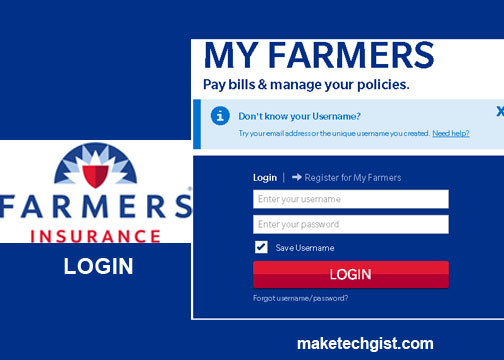Are you considering getting hearing aids but wondering if insurance can cover it? Many people ignore hearing loss as a serious problem, due to the high expense of treatment. Additionally, more than 28 million individuals in the USA, particularly those in their later years, are thought to benefit from using hearing aids. But, many of us choose not to take action because we are on a tight budget.

However, certain insurance policies and benefits may be able to reduce the cost of brand-new hearing aids. This may include over-the-counter (OTC devices), which are more recent and available for direct purchase. In this article, you may start here to learn more about what hearing aids is all about and if insurance can cover for it.
What Is a Hearing Aid
A hearing aid is a wearable gadget that amplifies sound to help those with different levels of hearing loss communicate and hear better in varied listening environments. Generally, it consists of a microphone, an amplifier, and a speaker. The microphone helps to select sound waves which then transform them into electrical impulses before sending them to the amplifier.
In addition, the signals are strengthened by the amplifier before being sent to the ear through the speaker. Hearing aids have modern components that provide extra functions. This may include tinnitus control, directed hearing, and noise reduction for a more customized hearing experience. Moreover, the prices of hearing aids usually increased due to the advanced features.
Does Insurance Cover Hearing Aids
Generally, insurance companies cannot cover hearing aids. However, there are exceptions depending on various individual circumstances. Your location is one of these. Also, insurance companies are now required by law in five states to cover adult users’ hearing aids:
- Arkansas.
- Connecticut.
- Illinois.
- New Hampshire.
- Rhode Island.
Moreover, employers who choose to opt out (as is the situation in Arkansas) and individual and group health insurance policies may be subject to this obligation. However, contact your insurance provider immediately if you have any inquiries concerning the specifics or restrictions around your state’s coverage for hearing aids.
Who Can Cover Hearing Aids
Many private insurance companies are considered optional when it comes to cover hearing aids but they are not covered by regular health care plans. Also, there are situations when you will have to pay more for hearing coverage similar to policies that charge more for vision or dental services. Moreover, let’s review the hearing aids provided by a few of the most popular health insurance companies. Furthermore, remember that you could have to pay an annual deductible and/or copay, depending on your plan.
Aetna
Certain policies may offer payment assistance or reimbursement for over-the-counter (OTC) hearing aids deemed medically necessary by an audiologist, although most Aetna policies do not cover or exclude these aids.
Blue Cross Blue Shield
States differ in what they cover, although some plans could include hearing aids. However, the Federal Employee Program (FEP) does provide a $2,500 annual stipend that can be used for the purchase of hearing aids and related equipment. Through the Blue365 Discount program, FEP members can also get lower costs for hearing aids.
Cigna
Hearing aids are included in several Cigna health insurance policies. Moreover, you can find out what benefits your policy offers for hearing by contacting your insurance company.
Humana
Humana Extend is a Medicare Advantage plan option that bundles vision, dental, and hearing services. Additionally, it is available in many Humana Medicare Advantage plans. You can visit the Humana website to browse plans that come with these benefits, or speak with your health insurance provider for more information.
United Healthcare
United Healthcare is considered one of the top insurance providers for hearing aids which provides policies that usually cover the whole cost of significant prescription-grade hearing aids. Moreover, a qualified audiologist’s hearing exam is necessary.
What If Your Insurance Plan Doesn’t Offer Hearing Aids
Most plans and insurance providers differ greatly in their hearing aid coverage. Also, there are actions you may take if your present insurance plan does not include a hearing benefit and you are a Medicare recipient or eligible for Medicare.
Here are some of the steps to take if you want to get hearing aids without insurance;
- Start by selecting Health and Drug Plans at the top of the Medicare.gov page.
- Select the option Find Health and Drug Plans from the drop-down menu.
- To view the Medicare Advantage plans that are offered in your region, enter your ZIP code. The benefits that are included in each plan will be listed with a green checkmark next to each one.
You can get assistance with paying for your hearing aids by using the information that is available online on funding and insurance for these devices. However, a local hearing care specialist will be your top resource for information on funding options for hearing aids with the ideal person to assist you in navigating your specific financial circumstances.





